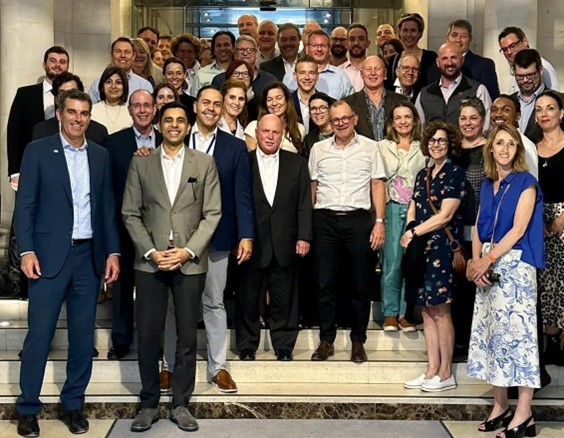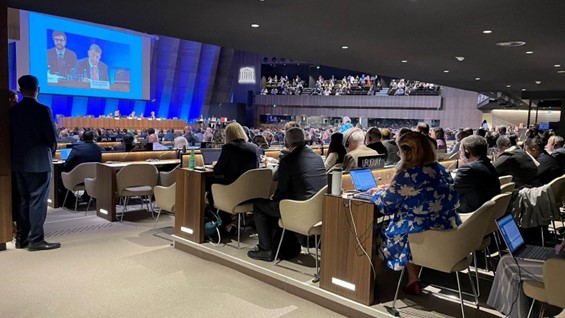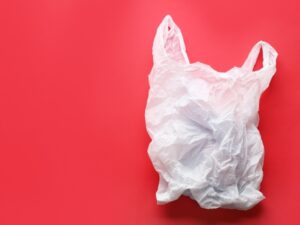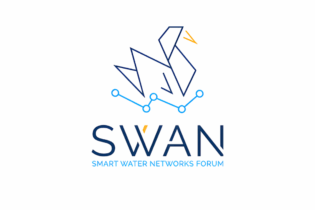Plastics SA, the umbrella body representing the South African plastics industry, has released its official response following the second session of the Intergovernmental Negotiating Committee (INC) to develop an international legally binding instrument on plastic pollution, including in the marine environment.
The session, which took place in Paris from 29 May to 2 June, aimed to address the pressing issue of plastic pollution and its impact on our environment. A dedicated delegation comprising five members representing the interests of the local plastics industry attended the negotiations, namely Anton Hanekom, Executive Director of Plastics SA; Douw Steyn, Plastics SA’s Sustainability Director; Mark Berry, Commercial Executive at SAFRIPOL; Farida Khan, Head of Regulatory Services (Public Policy Advocacy): Environment & Economy at Sasol; and Deirdre Penfold, Executive Director at Chemical and Allied Industries’ Association (CAIA). Their participation in the intergovernmental negotiations, albeit as observers, allowed them to contribute valuable insights and perspectives in both verbal and written formats. The main objective for the South African plastics industry is to eliminate plastics waste leakage into the environment through value chain collaboration on projects that develop circularity. Appropriate fiscal investment in the development and implementation of waste management services and infrastructure which forms the backbone of the circular economy, is urgently needed. “For the most part, the South African chemicals and plastics industries align with the interventions of the International Council of Chemical Associations (ICCA) and the International Chamber of Commerce (ICC). The purpose of our visit to Paris was therefore to enhance the global role players and decision makers’ understanding of the complex challenges at hand and how it could potentially impact the health and well-being of our country, our industry and the socio-economic position of thousands of South Africans that are currently employed by the plastics and chemical industries,” says Anton Hanekom.
As expected, governments reached a decision to task the INC Chair with developing a zero-draft text of the agreement ahead of the third session, INC-3, scheduled to take place in Nairobi, Kenya in November this year. The United Nations Environment Programme (UNEP) will support the Chair in this process, and the zero draft text is expected to be available 6-8 weeks before INC-3 for commentary and feedback.
“While the likelihood of a global cap on plastic production has decreased, there are growing calls for bans on certain plastic products and additives, ingredient transparency, and taxes to support waste reduction. It is our opinion that the zero draft text will pose certain challenges for plastic manufacturers. While there may be elements that we as an industry may support, we anticipate that the document will have a top-down approach, considering the Chair and UNEP’s inclination to shape the debate in that direction. In contrast, the global plastics community advocates for a bottom-up approach, emphasizing the importance of considering the unique challenges and needs of each country before enforcing a legally binding instrument,” Hanekom explains.
- The development of a global plastics pollution treaty to eliminate additional plastics leakage by 2040. However, due consideration of the local socio-economic conditions of the various countries should be taken into account, with specific reference to developing countries. The implementation of a plastics circular economy is critical to ensure that the plastics material is kept in the value chain and not landfilled or dumped in the environment. This will reduce plastics leakage and subsequent plastics pollution.
- Guidelines and best practice tools must be provided to countries for the development of National Action Plans (NAPs), and for the development of the content of the Plans, being at a sufficient principled level to align to the objectives of the Treaty, but retaining flexibility for programmes to be developed and implemented as priorities are determined for the country.
- The stimulation and development of the circularity of plastics must be relevant to local conditions.
- All decisions at the Treaty-level should be based on (and supported by) scientific evidence. It is imperative that all alternatives to plastics to be measured and compared against the same agreed criteria, while providing flexibility to respond to new evidence.
- Less plastics will leak into the environment if proper and effective waste management services and infrastructure are supported and implemented, specifically in developing countries.
- Where possible, recycled content should be integrated into products and standards must be developed for recycling across the value chain and into most market sectors.
- Funding, innovation, development, and the upscaling of advanced recycling technologies, including chemical recycling, is supported where appropriate.
- Funding and the development of local, targeted education and awareness programmes promoting circular economy and reducing plastics leakage is supported.
- Funding mechanisms to develop and implement waste management services and infrastructure as well as related SMMEs, specifically in developing countries, must be economically sustainable.
- This will allow for the just transition and integration of the informal collectors into the waste economy.







